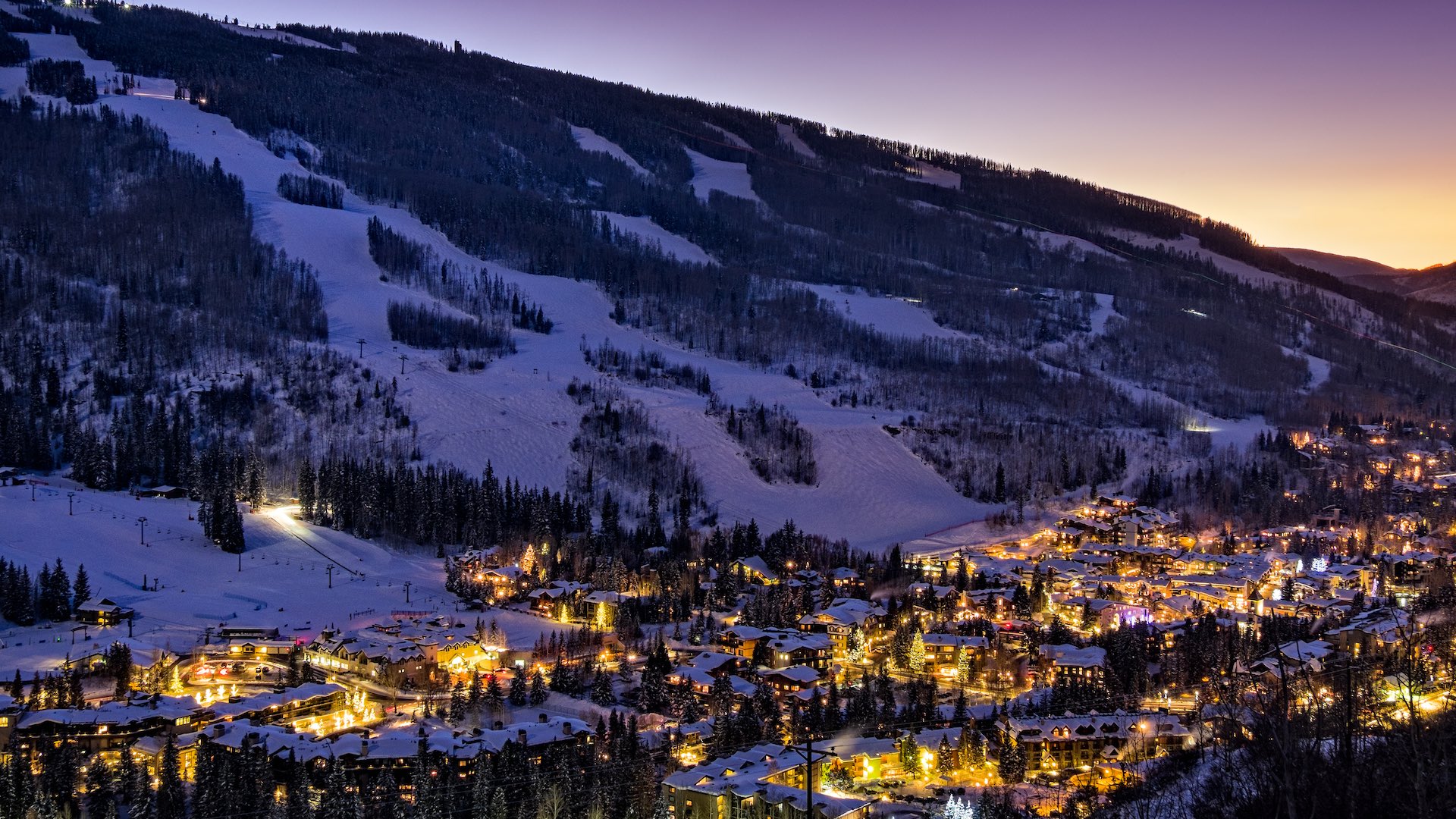
Colorado ski resorts in Vail and Beaver Creek have a unique way of employing police officers — by dispatching them on ski patrols.
According to the AP, the Mountain Patrol has been deploying officers on skis in patrols and safety support teams for the past 16 years. The tradition has stayed intact not because of the number of arrests (there aren’t many), but due to their role as safety ambassadors on the slopes.
Detective Greg Schwartz said of the unique model: “A friendly law enforcement presence is beneficial anywhere.”
Following the recent mass shooting in Boulder, Colorado, police presence is more welcome than ever.
“I don’t think anyone will feel uncomfortable passing a cop in the aisle of the grocery store anymore,” Schwartz said. “They are going to smile at us. It’s the same thing on the mountain. People like to see us, and maybe we can be a deterrent from anyone doing something bad. And if something bad does happen, we are there that much quicker.”
Ski police programs in other areas of Colorado may have faded away, but those on Vail Mountain have been going strong since 2005.
The team consists of a 24-person crew drawn from the Forest Service, Eagle County Sheriff’s Office and the Vail, Avon and Eagle police departments. Their job is to maintain regular patrols at Vail and Beaver Creek, spending seven days on the mountain in exchange for a free ski pass.
Schwartz noted that skiers are extremely law-abiding. It is a rare occurrence to arrest or cite anyone. Regardless, the officers are equipped with all of the necessary policing tools, including a gun, handcuffs and a ticket book.
The well-behaved manner of skiers on the slopes may not be due to police presence, however, but rather to the resort policies and the possibility of getting a ski pass revoked.
“I think most skiers would be more nervous about losing their ski pass than getting a ticket and going to court,” Schwartz says. “The ski pass for a lot of these people is a bit more important. On those closing weekends, when we are assisting with getting people down the mountain, a scan gun that can read who the person is via their RFID pass is just as detrimental as seeing a police badge.”
The most common crime on the mountain is ski theft or “ski fraud,” where an individual uses another person’s pass deceptively.
From January 1 through March 24 at Vail ski area in 2017 and 2019, police charged 70 skiers with this crime. Last year, from New Year’s Day to March 14, there were 39 cases of skiers charged with deceptive use. So far this year, there have been 43 cases.
Schwartz said that policing on a ski resort and ensuring that vacationers enjoy their stay can be a tricky balance. People on vacation tend to want to have fun, which means excess drinking. For reference, the Cloud Nine Alpine Bistro at Aspen Highlands regularly sells over 100 bottles of champagne on weekend lunches.
“I think society as a whole has had to become more responsible. Everyone is aware of the threat of being sued and litigation, and I don’t think any of the steps taken by the mountain or the town is too much,” he says. “We try to find that balance between allowing people to enjoy their vacation and promoting a sense of safety and security.”
Vail Police Chief Dwight Henninger said the Mountain Patrol program helps recruit and retain officers. A day on the slopes interacting with guests can be appealing.
“I hear guests say to officers working on the mountain, ‘You have the best job in the world!’” Henninger said. “It is particularly good for the officers working night shifts who deal with many folks (who are) pretty inebriated and not always real pleasant.”





